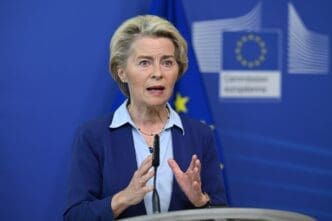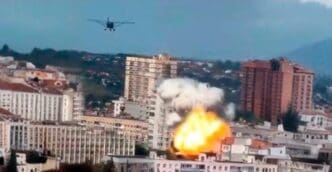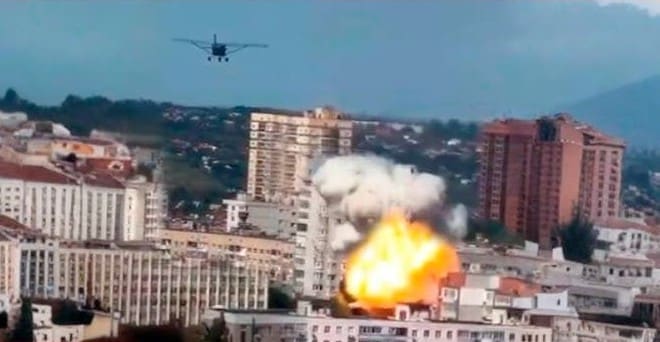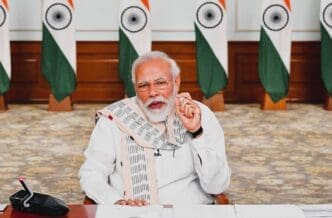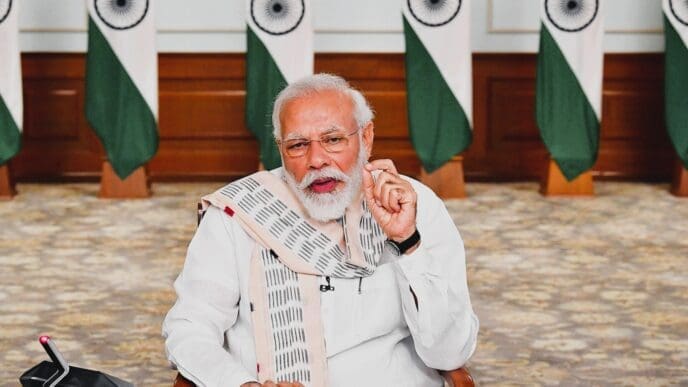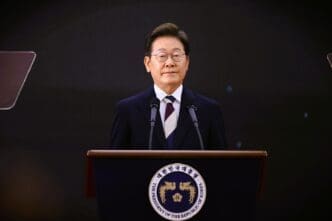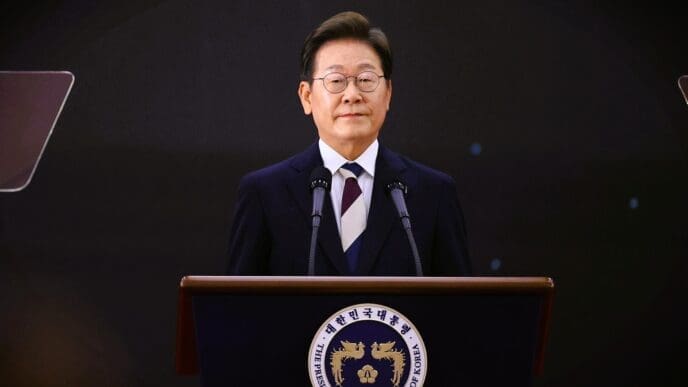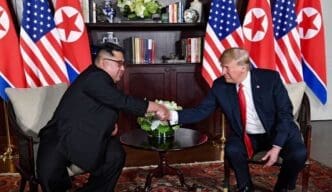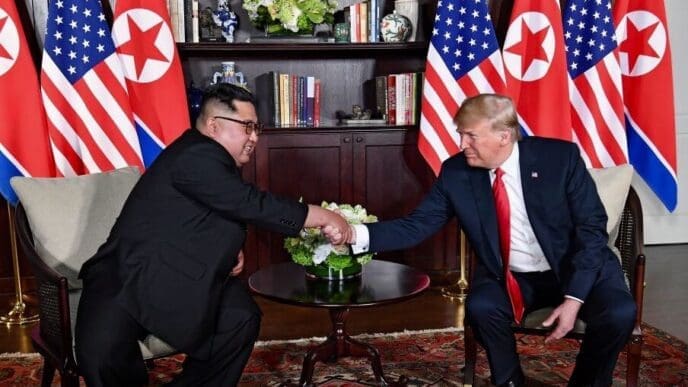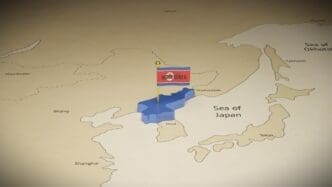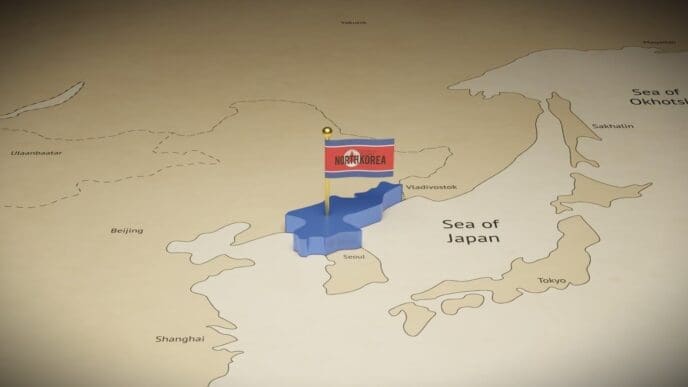European leaders expressed strong condemnation on social media following Russia’s recent missile attack on the Ukrainian city of Sumy, which resulted in over 30 fatalities. The assault occurred as people gathered to celebrate Palm Sunday, adding to the gravity of the situation. Visuals from the aftermath depicted a grim scene with rows of body bags and emergency responders working amidst the debris of damaged buildings and burned-out vehicles. Among the injured were 99 individuals, including 11 children, as reported by Ukraine’s State Emergency Service.
European Commission President Ursula von der Leyen labeled the attack as “barbaric,” emphasizing Russia’s ongoing aggression and violations of international law. This incident marks the second significant attack with high civilian casualties in just over a week. Earlier, a missile strike in Ukrainian President Volodymyr Zelenskyy’s hometown of Kryvyi Rih resulted in 20 deaths, including nine children.
Retired Lieutenant General Keith Kellogg, serving as President Trump’s special envoy to Ukraine and Russia, condemned the attack, stating it crossed “any line of decency.” He reiterated the White House’s commitment to resolving the conflict, highlighting the tragic loss of civilian lives. President Zelenskyy called for a global response, arguing that diplomatic talks have been ineffective against such acts of aggression.
The attack drew reactions from other European leaders as well. EU Foreign Chief Kaja Kallas criticized Russia’s intensified attacks despite Ukraine’s agreement to an unconditional ceasefire. French President Emmanuel Macron noted that the strike undermined peace talks led by Washington, accusing Russia of choosing to continue the war with disregard for human lives. British Prime Minister Keir Starmer also expressed his shock at the attacks on civilians.
The strikes coincided with accusations from both Russian and Ukrainian diplomats of violating a tentative US-brokered ceasefire concerning energy infrastructure. The ongoing conflict, now in its third year, remains challenging to resolve, with Russia currently holding an advantage. Kyiv has warned of a potential new Russian offensive intended to bolster Moscow’s negotiating position. While Ukraine has supported a broader US ceasefire proposal, Russia’s imposition of stringent conditions has stalled progress, leading to criticism from European governments.
The Evolving Landscape
The latest developments in Ukraine highlight the persistent volatility and the complex geopolitical dynamics at play. For ordinary citizens, the continuation of such conflicts translates to heightened insecurity and uncertainty. The humanitarian impact is profound, with lives lost, families displaced, and communities devastated. The ongoing hostilities also strain public resources and infrastructure, complicating efforts to provide essential services and support to affected populations.
For the broader region, the conflict underscores the fragile nature of peace and the challenges of diplomatic negotiations. The repercussions extend beyond Ukraine’s borders, influencing international relations and regional stability. As global leaders seek solutions, understanding the intricate balance of power and interests involved is crucial for formulating effective responses. The international community’s role in mediating and supporting peace efforts remains pivotal in shaping the future course of the conflict.
